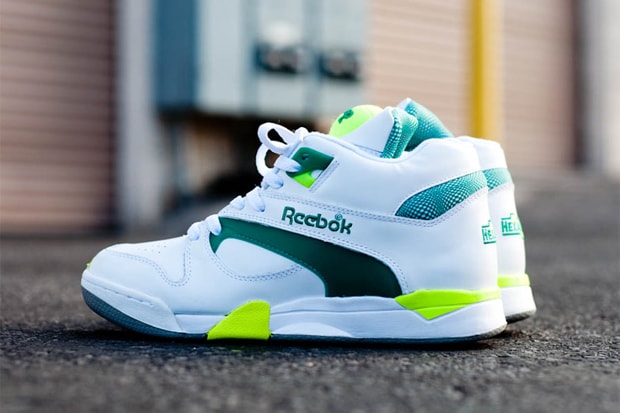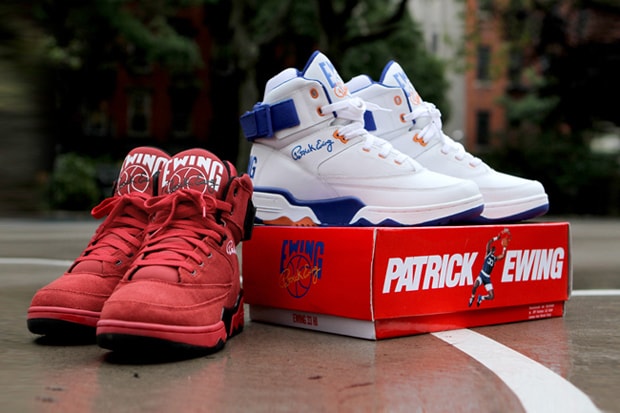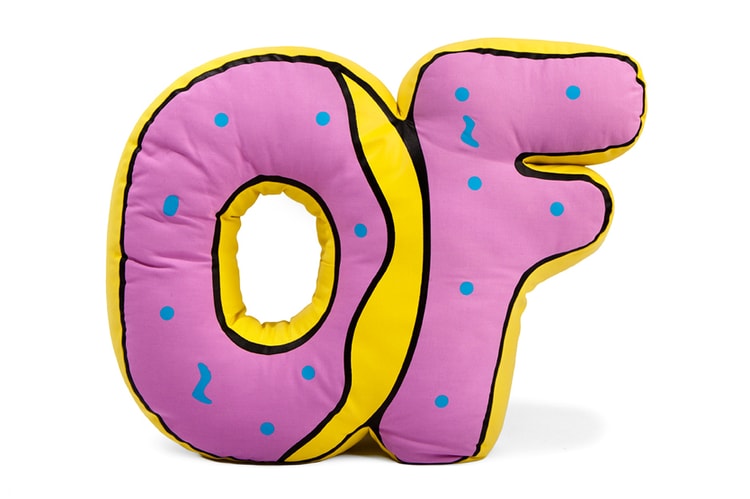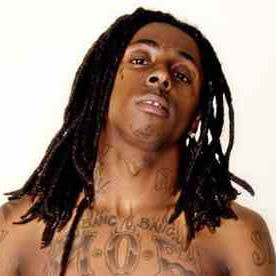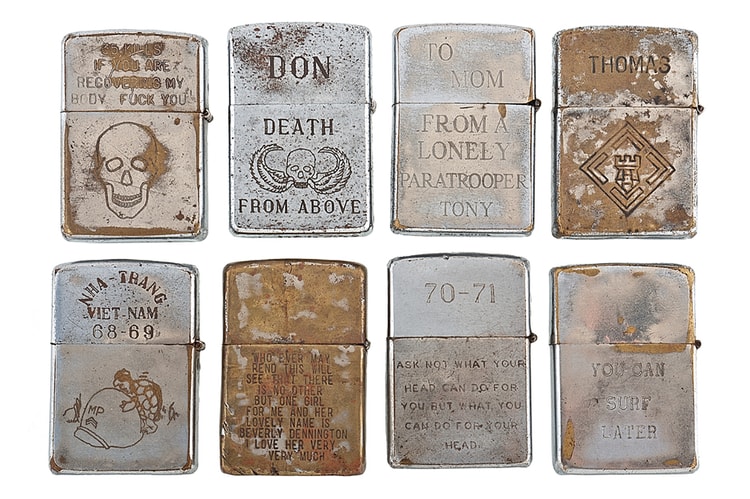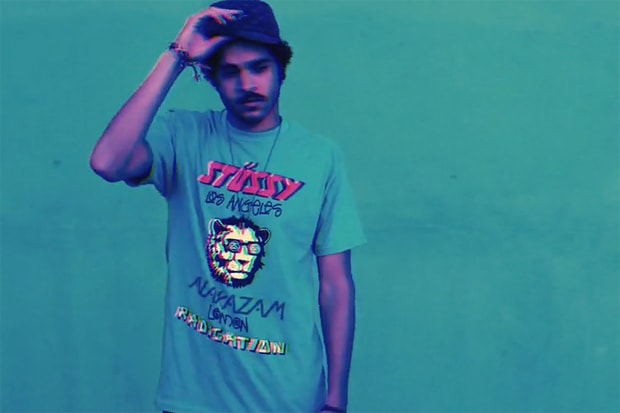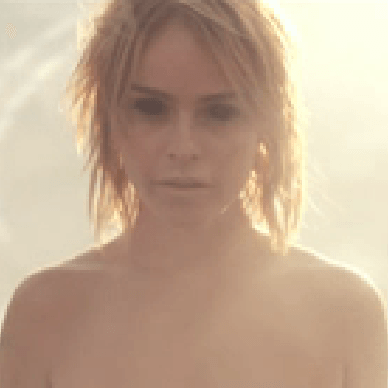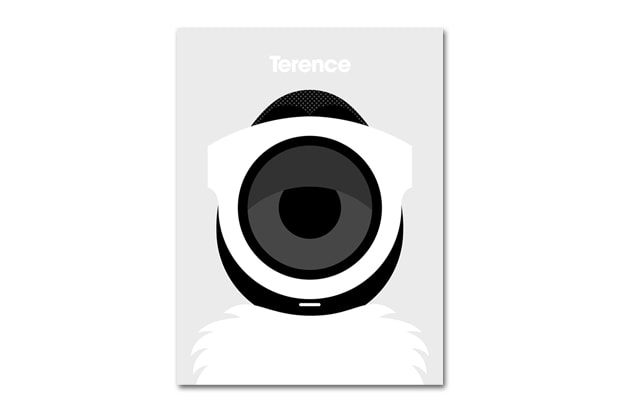The Shape of Music To Come: Does 'Cool' Replace Money?
When Napster went live in June of 1999, perhaps the single greatest moment in the modern

When Napster went live in June of 1999, perhaps the single greatest moment in the modern distribution media occurred. Societal expectations of the worth of copyrighted content were restructured in irreversible way. That of course, is all old news. At the time and the years after, what had yet to be determined is the new system, not simply the abolishment of the old one. Entertainment media, despite being fairly amorphous right now is starting to take shape and give us a glimpse of how we’ll get our media in the future.
Thurston Moore once said, “People see rock and roll as youth culture, and when youth culture becomes monopolized by big business, what are the youth to do? … I think we should destroy the bogus capitalist process that is destroying youth culture.” While this may be a strong statement there is some truth in its core. Art, which individuals are supposed to be able to empathize with, has been controlled and distributed by corporations that disregard that sort of fundamental level of it all. The good news for people who think like Moore is that that process of destruction in happening naturally. The RIAA and the general traditional model of record labels seems to be on its last leg. In that past couple years major labels have cut roughly 60% of their workforce. This comes amidst the overall amount of money being spent in the music industry increasing. At this point it’s becoming very clear that music and entertainment are moving in a new direction, one in which the big businesses have no place in. That begs the question, what is the alternative?
The alternative is a democratized process of all of the media we consume. The old system was some big conglomerate picking several different acts within a genre or type of entertainment, be it music, films or comedy and then letting you pick from it’s choosings. The new system is literally infinite. Whoever can make music can put it up for consumption – the best rises to the top. In an interview with NPR, Diplo went so far as to speculate that, “I think everybody’s going to be making really soon. You’re going to be making music, your mom’s going to making music. It’s going to be like Facebook.” Granted this doesn’t work perfectly, and gems get missed, it’s a vast improvement over the old system. There are still Lana Del Rey’s and Drake’s who are created however The Odd Futures, and Lil B’s certainly make up for that. Although I can’t say this for Drake, aside from not understanding how to perform on live television, Lana Del Rey makes some fairly worthwhile music. People like electronic artists Porter Robinson and Madeon literally come out of nowhere to the masses, with their initial success almost entirely predicated on word of mouth. That’s a pretty cool system and certainly beats being force fed art by business executives.
This system isn’t limited to music either. In the past 6 months famous comedians, Louis C.K. and Aziz Ansari have independently released their own standup specials which have garnered them tremendous success. Documentaries “Rip: A Remix Manifesto,” and, “PressPausePlay,” have freely distributed to moderate success. While open media dissemination like this is still limited outside of music, these instances demonstrate a very clear and underdeveloped realm for growth.
Even in a democratized system, political factions will naturally organize to realize the collective interest of like-minded people. In the democracy of music new, entirely restructured labels are arising to take the place of the old behemoths like EMI, Sony, and the like. Unlike the preceding titans, new labels like Mad Decent, Fool’s Gold, and Dim Mak among others represent a niche of like-minded people who connected by a genuine interest in the music and the individuals that make it. Mad Decent was started by Diplo, Fool’s Gold by Nick Catchdubs and A-Trak, and Dim Mak by Steve Aoki, all individuals who are first and foremost artists. These labels essentially function on a level in which true, passionate experts find good music to show to everyone else. To be put on these labels doesn’t mean you can sell records, but is instead serves as a far more noble badge that you make music that your peers respect. In an interview I asked Danny Brown why he wanted to be on Fool’s Gold so badly before he got signed by them. His response: “Cause they was cool, you know what I’m saying? If you compared the music industry to high school, Fool’s Gold would be the cool kids that dress nice, and got all the hot chicks on their dick. They’d throw the best parties that nigga’s like me wouldn’t be able to even get into. They were cool, they’re tastemakers.” Now that record sales don’t mean very much in the age of file sharing, being cool and respected is something that matters a lot.
Even though these labels are gaining importance, they still only complement the arising system; they don’t threaten to control it. Unlike the old major labels Mad Decent, Fool’s Gold or anyone else aren’t necessary for success. Odd Future showed us that in some cases you don’t even need blog coverage, you can just make your own. Cool indie labels just help guides in the sea of the infinite art that is always being produced when you don’t have time go looking on your own.
The change has been evident for some time. Amidst this, it is only now that are we are truly starting to see what shape how we get media will take – even at that, we’re still in a preliminary stage of seeing how things work. Regardless, it’s bringing big business out of youth culture and putting music back in the hands of the people.
Ali Breland is a student at Large State University’s Honors Program where he studies Philosophy and English in among other things. There he has served as a Senior Music and Culture writer. He has interviewed the likes of Aziz Ansari and Danny Brown among others for HYPEBEAST and Hypetrak and in his freetime from this and school, writes jokes that appear on his blog.















